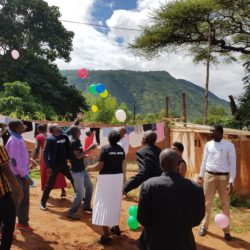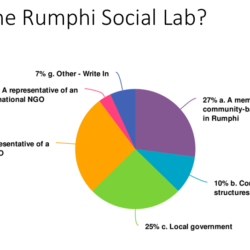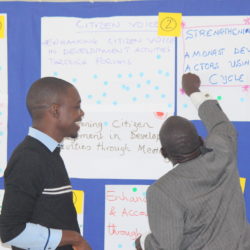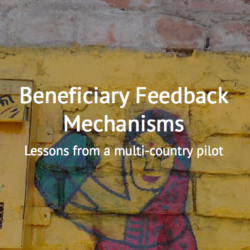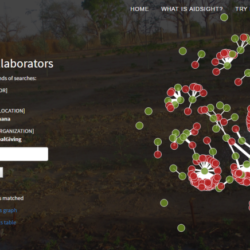Reviewing progress at the Rumphi Social Lab
Seven weeks after the team started their experiments we are checking in on the Rumphi Social Lab to find out what they have learnt. Fifty participants from the five teams returned to share experiences, reflect on progress and report back on what they had learned while working on their micro actions to strengthen relationships between[…]

